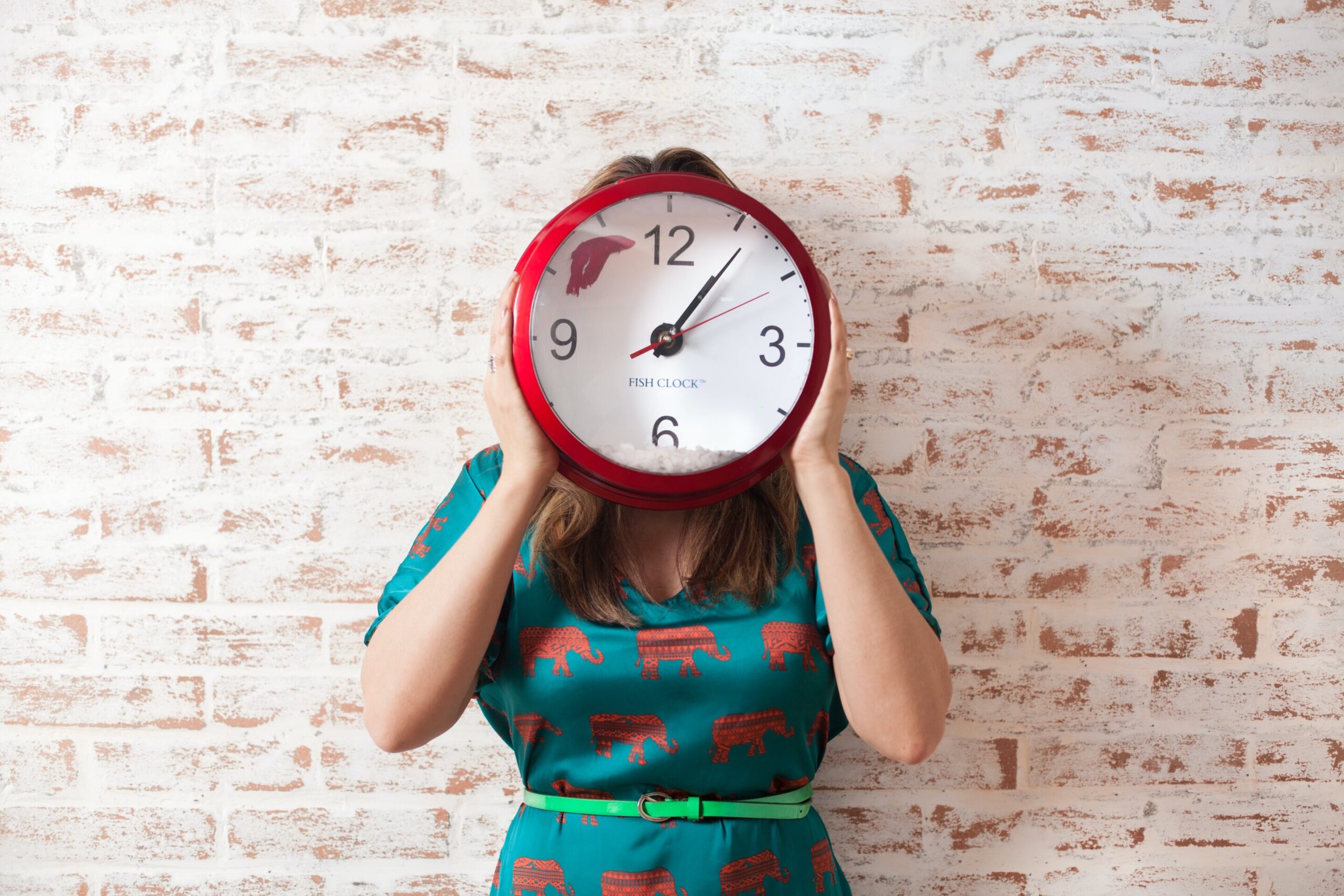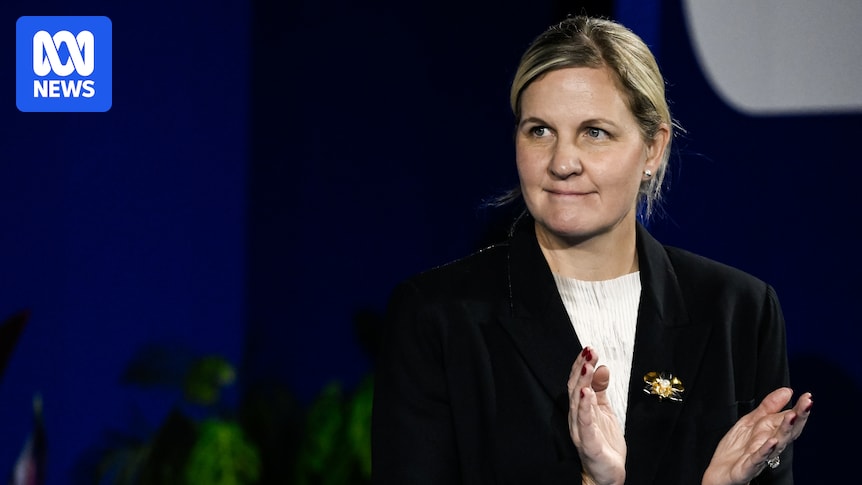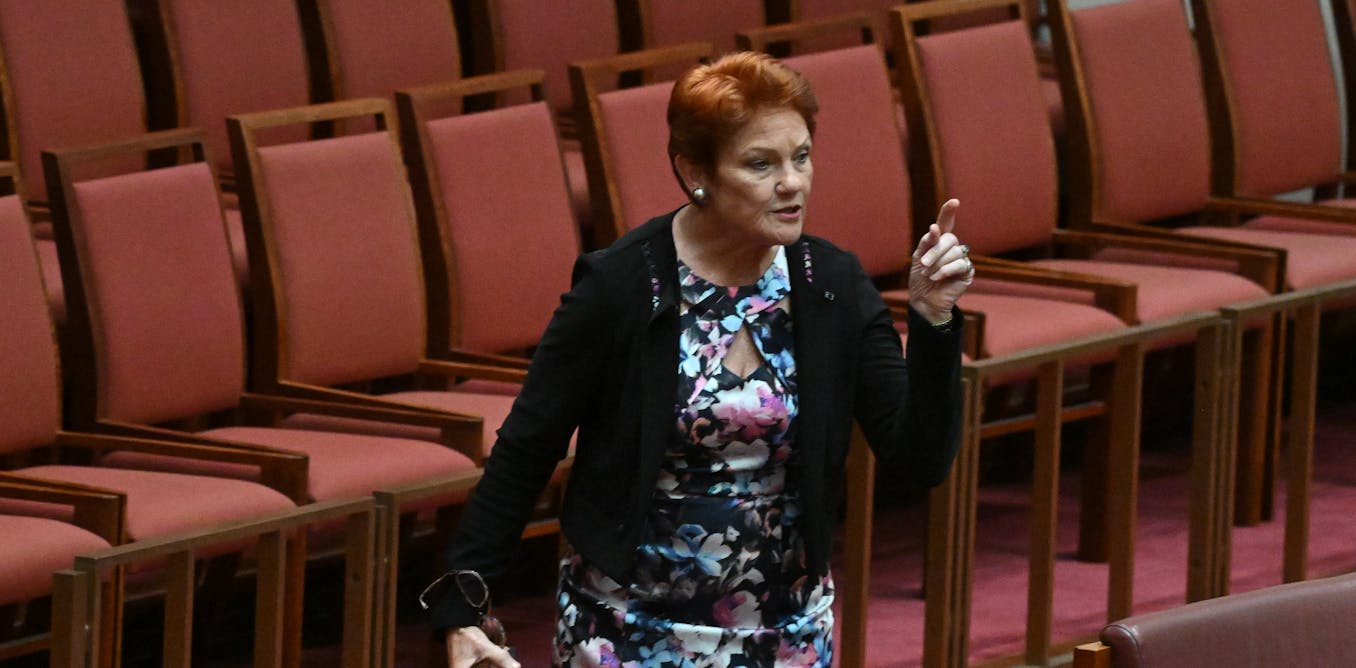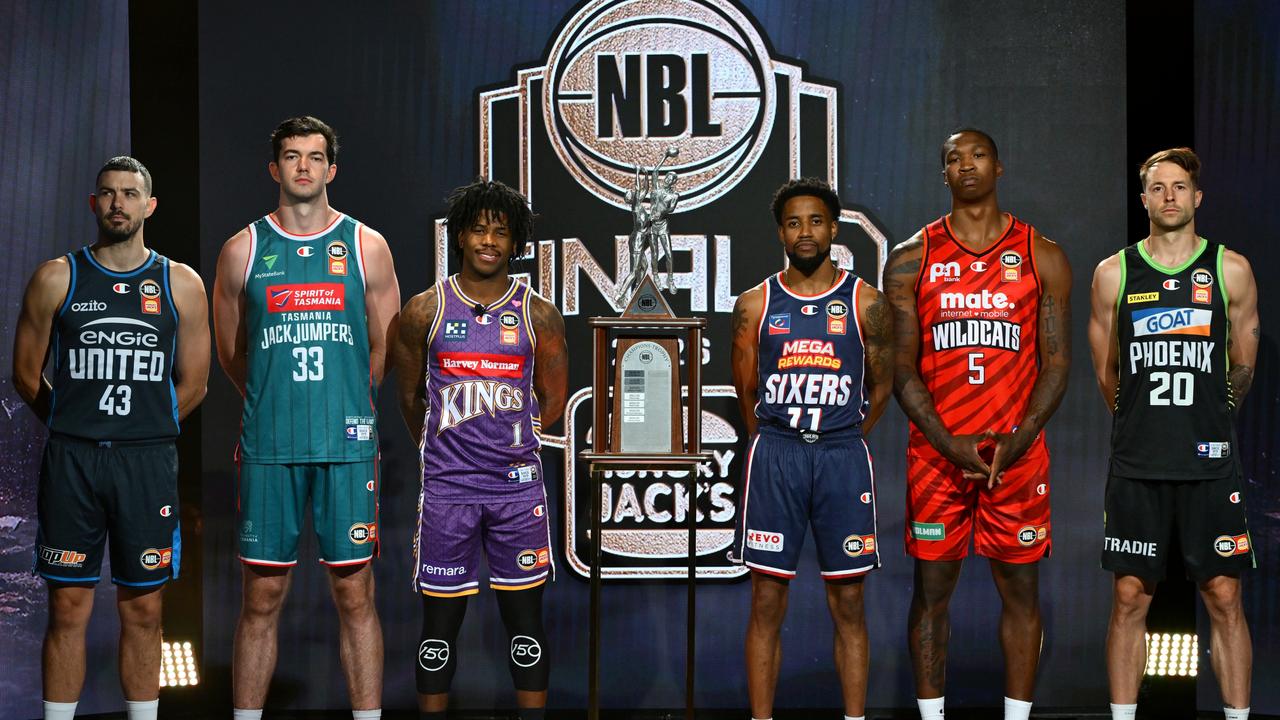Light, at a time of such unremitting gloom, is welcome from whichever source it comes. The musical Here You Come Again, an homage to Dolly Parton currently touring Australia, serves up a burst of sunbeams. From Love is Like a Butterfly to Jolene, the show is not merely a feast of country and western but a feel-good all-you-can-eat buffet.
Dolly Parton is that rare figure in these polarized times who commands near-universal affection. When the New York Times asked in 2019, “Is there anything we can all agree on?” it answered its own question by raising up the Queen of Tennessee. Hail Dolly.
Dolly Parton’s Unique Appeal
In her native South, the Bible Belt states of the old Confederacy, Parton has maintained her popularity despite championing women’s and queer rights. This she has achieved through her winsome personality, a loving, nonjudgmental faith, and her deft line in self-deprecation—”it takes a lot of money to look this cheap”—coupled with her sensitive political antennae, which may well be buried in those Steel Magnolia wigs.
In 2016, remarks that could easily be construed as an endorsement of Hillary Clinton over Donald Trump—”Hillary might make as good a president as anybody ever has,” she said—were immediately followed by a qualifier: “I think no matter if it’s Hillary or Donald Trump, we’re gonna be plagued with PMS either way—presidential mood swings!”
Classic Dolly, a non-aligned island in the stream.
The Divisive Political Landscape
Few can navigate the minefield of red and blue America with such surefootedness. Not so long ago, Tom Hanks, the star of all-American classics, might have made that list. However, he recently came under heavy artillery fire from Trump himself. On Truth Social, the former president rebuked Hanks as “woke” and “destructive,” congratulating West Point for scrapping a ceremony in the actor’s honor.
Trump remains one of the most deliberately divisive US presidents, certainly of modern times. “I hate my opponent, and I don’t want the best for them,” he boasted at a recent memorial. Alas, in America these days, potentially unifying moments often end up having a radicalizing effect. This was true of COVID-19, the storming of the US Capitol, and even the assassination of Charlie Kirk.
Where Are the Peacemakers?
Barack Obama, once a potentially unifying figure, ended up deepening America’s disunion. Trump’s political rise began when he became the untitled leader of the “birther” movement, questioning the legitimacy of the first African-American president. In a nation marked by mutual loathing, gone are the days when Ronald Reagan could win 49 of 50 states.
Listening to the sacred music at the Charlie Kirk memorial, one could see how the hymns were the same as those sung at the most liberal churches in America. Yet, the grace of God means wildly different things to vying Americans. For white Christian nationalists, the scriptures justify a crackdown on reproductive rights and the demonization of immigrants. For many Democrats, the New Testament is a social gospel, and Jesus a tender lord.
Dolly Parton: A Symbol of Unity
Perhaps the best an American politician can hope for these days is not to become a hate figure. This is partly why Joe Biden became the Democratic presidential nominee in 2020 and went on to beat Trump. Just as few figures can rise above partisan politics, few places in America are political demilitarized zones. Even Walt Disney World has come under fire from Republicans.
Maybe the “Dollywood” theme park in the Smoky Mountains, founded by Parton in the mid-1980s, is one such place. At a time when the president is becoming more kingly, all the more reason to cherish the Queen of Tennessee.
Nick Bryant, a former BBC Washington correspondent, is the author of The Forever War: America’s Unending Conflict with Itself.






